Against the Language of Empowerment
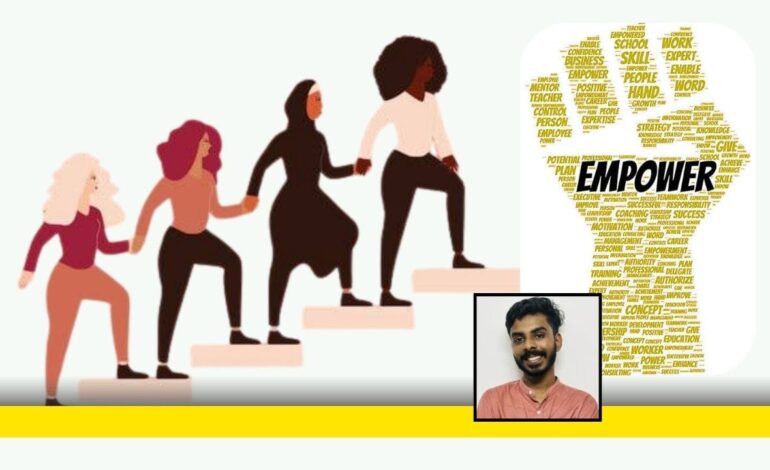
“Empowerment” is everywhere. It floats in policy papers, NGO manifestos, corporate HR campaigns, and the mission statements of global institutions. It is the word that promises to lift, enable, awaken. A term that flatters the speaker and disarms the listener. It carries the ease of moral certainty, as if its invocation alone signals justice. Women are being empowered. So are Dalits, migrants, trans people, Adivasis, fisherfolk. Somewhere, someone is empowering someone else. It feels good to say. It sounds like progress. But what if it conceals more than it reveals?
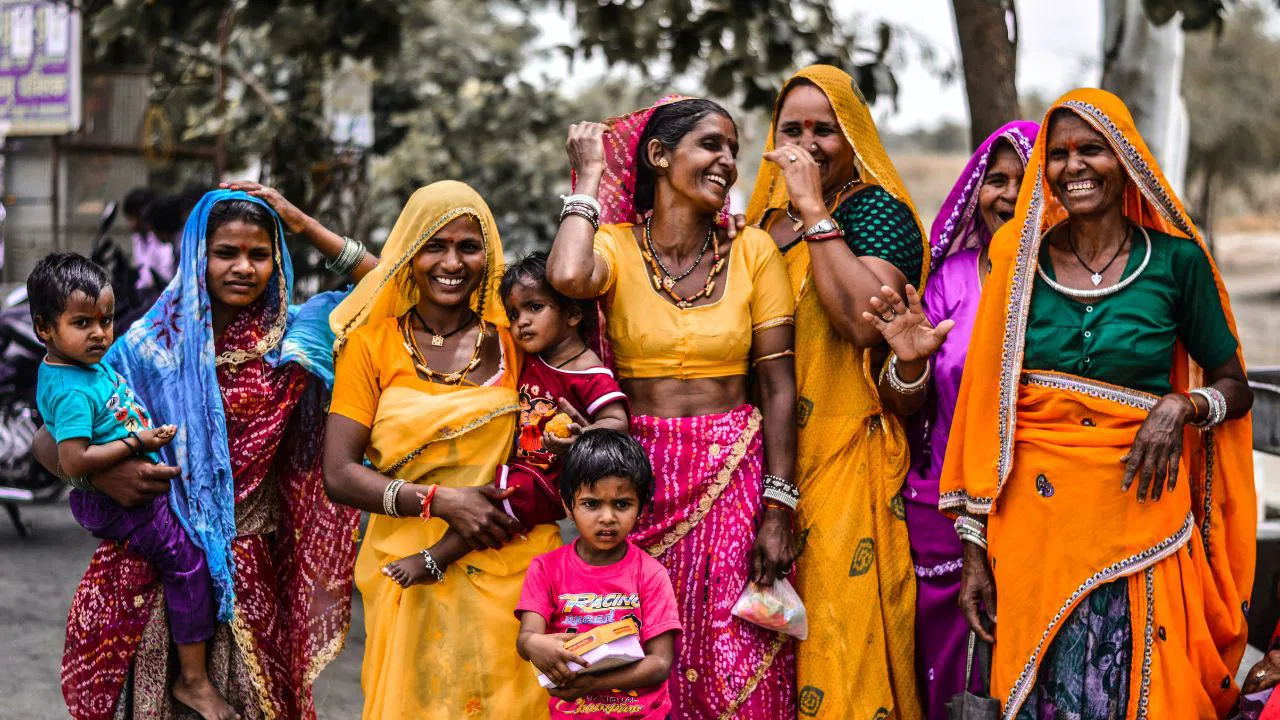
At its core, to “empower” is to grant power. But power, truly exercised, is not granted. It is seized, fought for, negotiated. The word’s construction is quietly paternalistic—there is always someone doing the empowering, and someone being empowered. One remains in the position of the giver, the other in the role of recipient. In this framing, the recipients of empowerment are cast not as historical agents or political actors, but as grateful beneficiaries. Their transformation is staged for cameras and annual reports. They appear in photos, smiling beside sewing machines or solar lamps, while the structural forces that shape their oppression remain untouched.
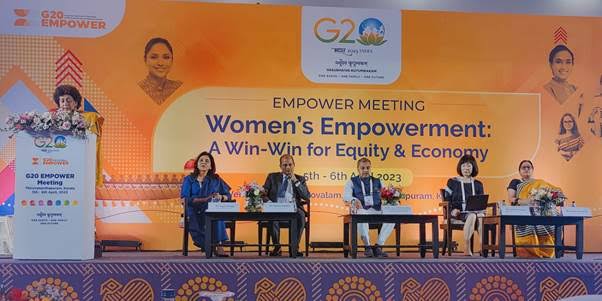
In postcolonial societies like ours—a term I use here more as a temporal marker than as a theoretical framework—this idea has gained considerable and questionable traction. Perhaps because it offers a moral alibi for inequality. Empowerment talks about power without ever naming who holds it. It shifts the focus from redistribution to recognition. From systems to individuals. From the political to the therapeutic. You are not poor because you’ve been structurally excluded, but because you lack the ‘tools’—confidence, skills, awareness. It is, as Sara Ahmed once noted in The Promise of Happiness, a form of affective governance. Feel better. Try harder. Be grateful. The system will adjust itself around your smile.
But systems don’t adjust. They entrench. Empowerment is most often a placeholder for deeper structural change that institutions are unwilling—or incapable—of pursuing. A Dalit woman taught to code through a corporate training program may feel included, but this inclusion remains precarious if caste-based hiring practices and workplace hierarchies go unchallenged. A fisherwoman offered a bank account is still rendered voiceless when her coastline is auctioned for development. Empowerment in such contexts becomes a euphemism for adjustment, not justice.
There is, in this framing, a subtle but potent form of depoliticization. Chandra Talpade Mohanty critiqued how Western liberal feminism often renders Third World women as objects of rescue—silent, waiting, grateful. A similar gaze now exists within our own domestic elite and development sector. Empowerment becomes the soft language of control. It disciplines resistance, substitutes slogans for struggle, and measures progress in units that are easy to report but impossible to live inside.
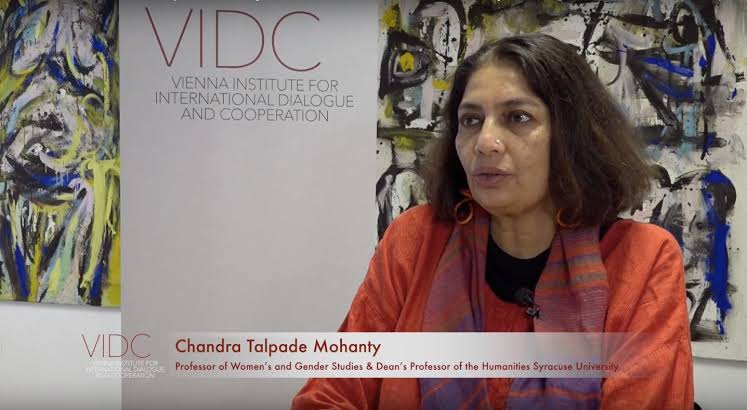
The danger lies not just in the word’s overuse, but in how it displaces other political vocabularies—resistance, solidarity, redistribution, justice. These are demanding words. They require confrontation. Empowerment, by contrast, is a soothing one. It allows the state, the NGO, the CSR wing, even the university to position themselves as benevolent actors, while remaining fundamentally uninterested in ceding real power. It tells the oppressed: your condition can be improved, but on our terms.
This is not to deny that small interventions can matter. A well-timed stipend or support system can make a tangible difference. But to confuse that with transformation is to mistake bandages for surgery. Empowerment does not ask why power is so unevenly distributed in the first place. It does not seek to change the grammar of exclusion, only the vocabulary of inclusion. As Paulo Freire reminded us, the pedagogy of the oppressed must begin not with benevolence, but with dialogue. Not with instruction, but with encounter. And most importantly, not with the act of being empowered, but with the will to liberate.
The consequences of this shift in language are visible across domains. In academia, the ‘empowered student’ is expected to be entrepreneurial, resilient, self-reliant—never angry, never political. In development, the ‘empowered woman’ is one who manages poverty better, not one who challenges its architecture. In media, empowerment is filtered through the lens of visibility—if you’re seen, you must be heard; if you’re heard, you must be safe. But as many activists have said, visibility without safety is a trap.
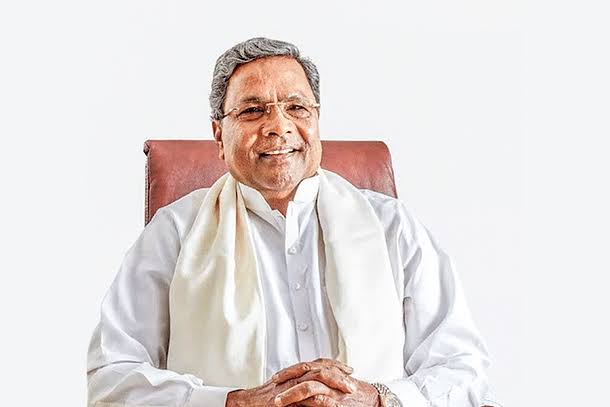
Real power is messy. It comes with disagreement, with disruption. It comes when people organise not as case studies but as collectives. When they assert rather than perform. When they stop seeking to be empowered and start dismantling the very conditions that made empowerment necessary. This is what the language of empowerment cannot accommodate: the moment people stop asking and start acting. It is then that the structures begin to panic.
To be clear, not all uses of empowerment are cynical. But even well-meaning invocations often overlook how some communities, in moments of crisis, internalise a politics of victimhood that inhibits broader transformation. While that may provide short-term visibility or institutional relief, it risks cementing their status as passive recipients rather than equal political subjects. As Edward Said once said of the Palestinians, they are victims of victims—a framing that shows how victimhood itself can be a deeply fraught identity. This is not a call to discard the language of injustice, but to be vigilant against how even this can be co-opted into narratives that manage dissent rather than amplify it.
Perhaps that is why the term persists. It is harmless. It allows governments to market dignity while suppressing dissent. It allows donors to feel generous without giving up control. It allows corporations to sponsor “change” without examining their own extractive cores. In many ways, empowerment is what Audre Lorde might call a “master’s tool”—useful for maintaining the illusion of transformation while preserving the master’s house.
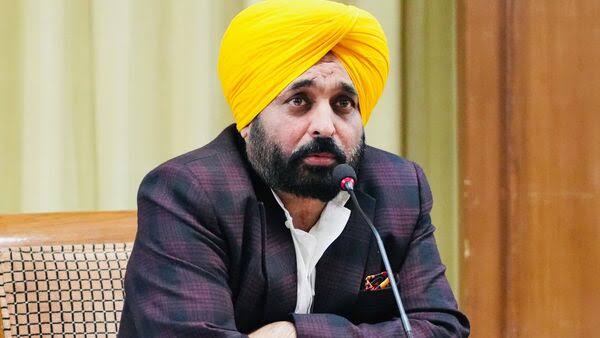
To move beyond this word is not merely a semantic exercise. It is a political task. We must ask what kinds of futures are foreclosed when we only talk of empowerment. What forms of knowledge, rage, memory, and solidarity are erased. Because when people speak not to be uplifted but to be heard—when they move not to be included but to be ungovernable—that is when power begins to leak. That is when history shifts.
So no, we do not need more empowerment. We need power. And we need the courage to say that out loud.


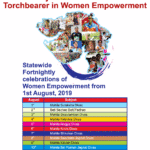
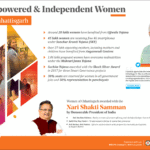

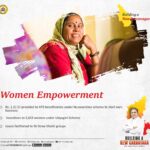

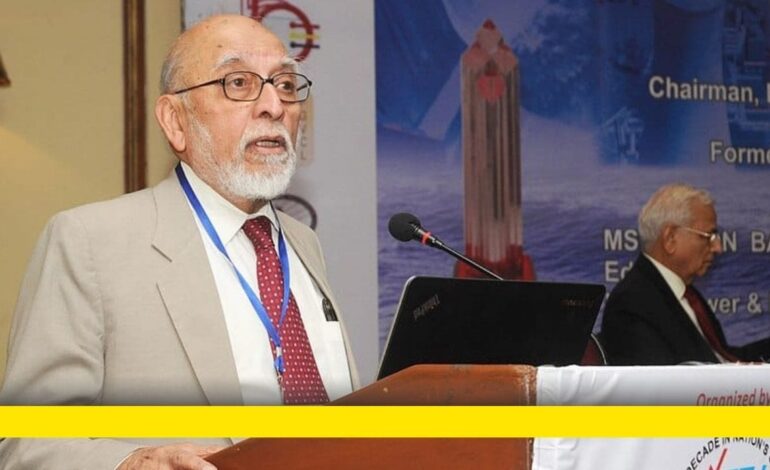
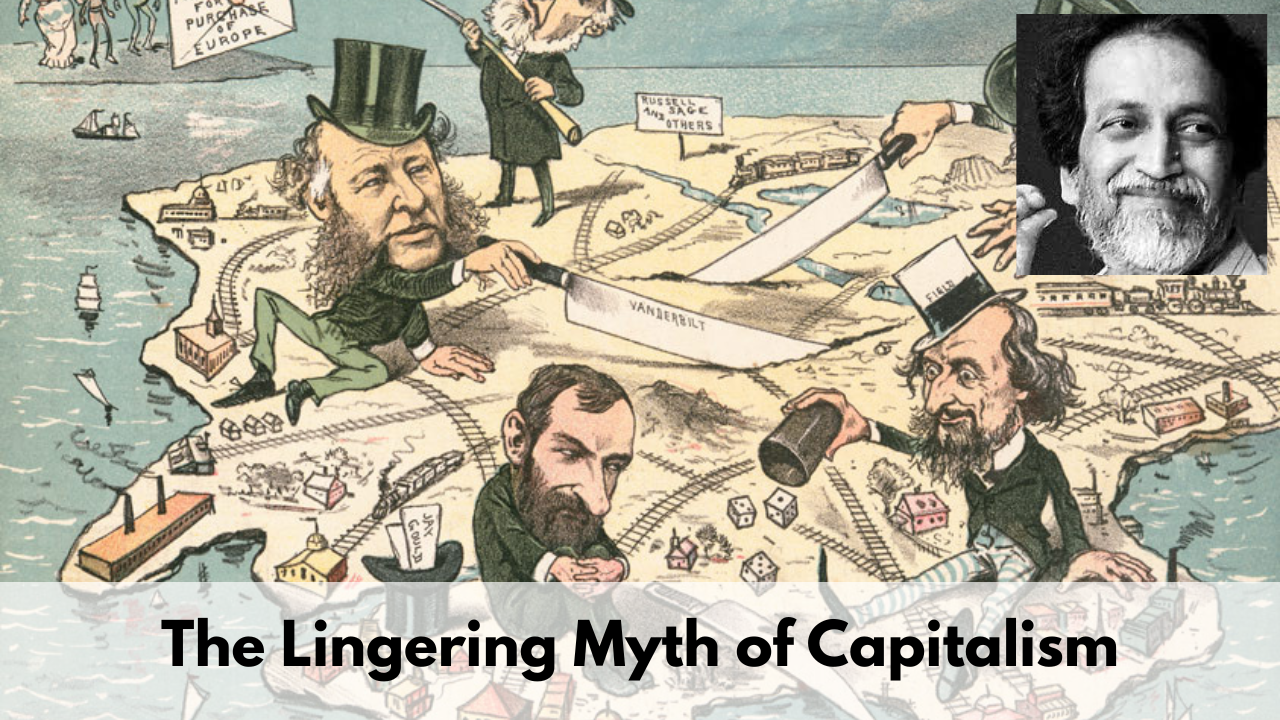







Very important article presenting a unique, but much relevant questions . Requesting sociologists and policymakers to pick up this line of thoughts.